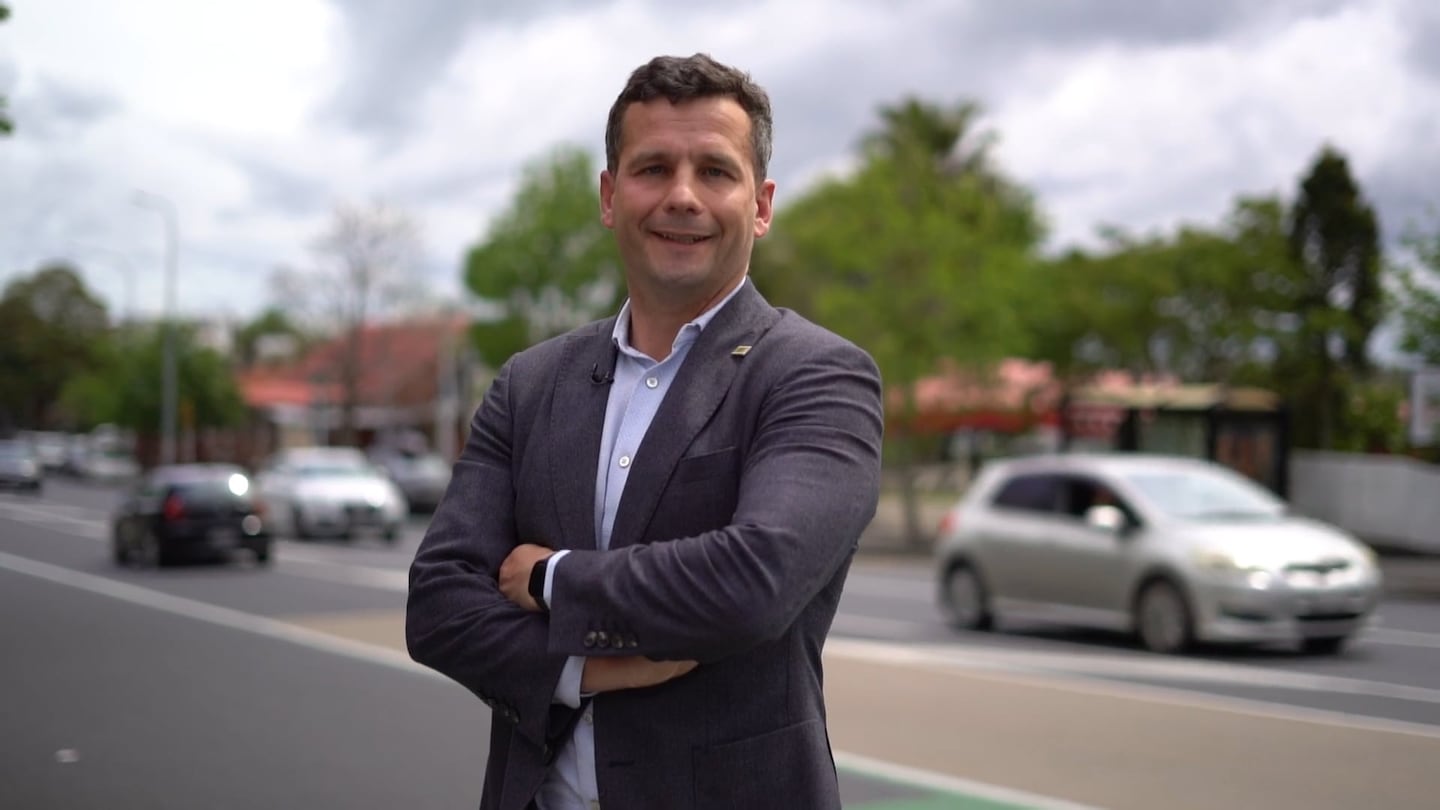Seventy-eight applications have been sent to the Charter Schools Agency (CSA) to open new charter schools or convert existing state schools, according to Associate Education Minister David Seymour.
“This shows the demand from educators to free themselves from the shackles of the state system and meet the needs of students who are being failed by the current system,” Seymour said.
“The education sector is facing several challenges, particularly regarding attendance and achievement. The ‘one size fits all’ model offered by the current school system struggles to address these challenges.”
Budget 2024 saw enough funding to create 15 new charter schools and convert 35 state schools in 2025 and 2026.
“Due to demand outstripping the funding made available in Budget 24, I acknowledge some sponsors will be disappointed when final decisions are made by the CSA,” the Associate Minister said in Thursday‘s release.
“By focusing primarily on student achievement, charter schools allow sponsors and communities to take their own path getting there. They can, with some restrictions, set their own curriculum, hours and days of operation, and governance structure. They also have greater flexibility in how they spend their funding as long as they reach the agreed performance outcomes.”
Applications are about to go into stage two of the process, before the final decision is made later this year.
“The first charter contracts will be negotiated and signed before the end of the year so the first schools can open for term one 2025.
“To provide certainty to sponsors, they will have a fixed-term contract of 10 years to operate a charter school, with two rights of renewal for 10 years each. All fixed-term periods are conditional on the school continuing to meet the terms of its contract.”
Seymour said every child deserves the best chance at succeeding.
“I hope and intend to see many new charter schools opening, and state and state-integrated schools converting to become charter schools. Every child deserves the opportunity to succeed, to achieve to the best of their ability, and to gain qualifications that will support them into further study and employment.”
The new charter schools can be shut down at any time if they do not achieve the outcomes they were funded to achieve. This will be done through high-level monitoring and accountability
Earlier this year, Te Ao Māori News spoke to Tipene St Stephens School tumuaki, Nathan Durie, who was keen to turn his kura into a charter school.
He believed the current educational system had its chance and failed.
“For 100-plus years now, the teachers union and the Ministry of Education and all of the other official groups have had an opportunity to deliver educational outcomes for Māori and the results have been horrible, to be fair.
“We’re excited about it, actually, and I think the primary reason to turn to the charter school model was the flexibility it enables.
“Flexibility from a curriculum perspective but also flexibility in the terms of our ability to drive it in the areas that we think are important and in our case in particular for Māori boys’ education,” Durie said.

